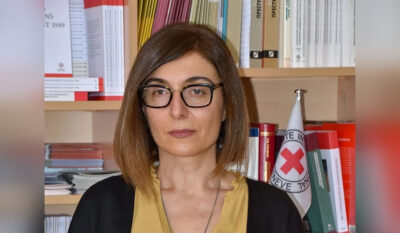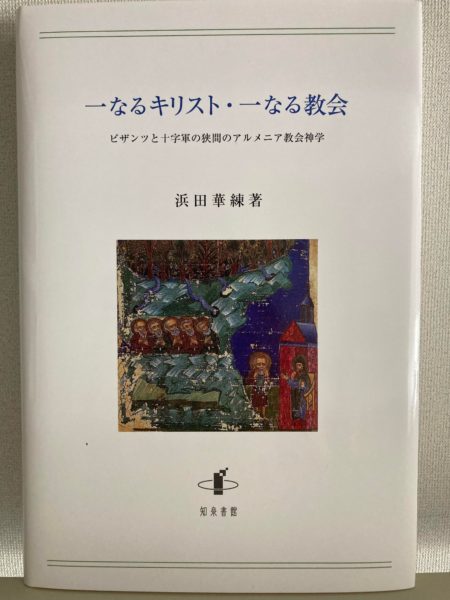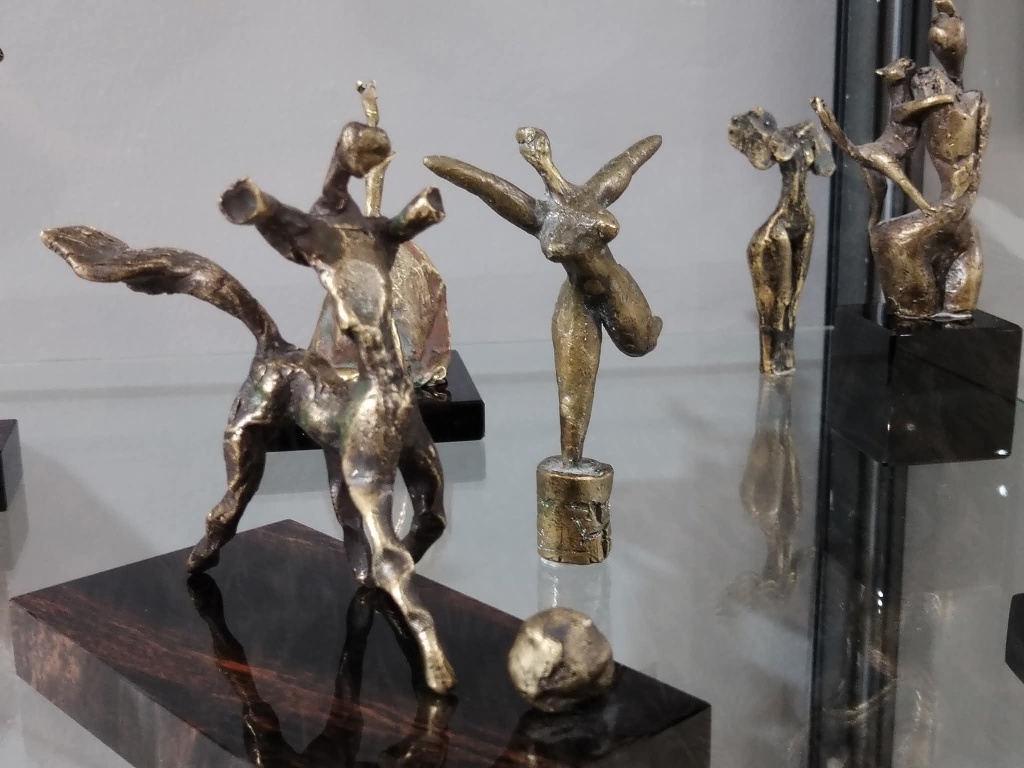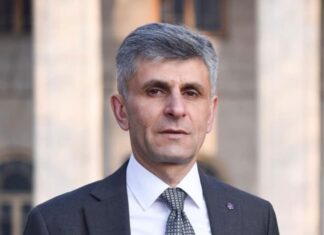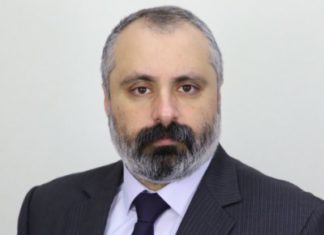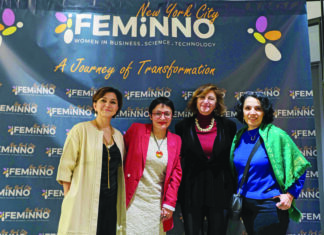YEREVAN / TOKYO — Karen Hamada is a Japanese theologian. She studied at the University of Tokyo, Department of Area Studies, Graduate School of Arts and Sciences, currently works at University of Tokyo, Komaba Campus. Being interested in theological and literary interactions in the Christian East, she studied Armenian, Syriac and Georgian. Recently Karen Hamada published One Christ, One Church: The Theology of the Armenian Church between the Byzantines and the Crusaders, which primarily refers to the Armenian church figure, theologian, poet, musicologist, composer, historian, Catholicos of All Armenians, St. Nerses Shnorhali (Nerses Klayetsi, 1102–1173).
Dear Karen, first let me congratulate you with publishing of your book about Nerses Shnorhali. It is the first book about the Armenian Apostolic Church to enter the Japanese-speaking world.
Thank you very much, Artsvi. Thankfully, since I posted the news about my publication to FB, I received a lot of kind messages from my friends and those I hadn’t known. Strictly speaking, a group of Japanese scholars who have been conducting surveys on the Armenian church architecture have already published some books with very beautiful photos of Armenian churches in 2019 (Shiro Sasano, Arumenia Junrei (Pilgrimage to Armenia), Tokyo, Sairyusha, 2019). However, as far as I know, my book is the first Japanese book about the Armenian “Church” not as a building, but as the religious tradition of the Armenian people.
Do you have already some feedback about your study?
Yes, I had some feedback in SNS. Some posted positive comments on my book. As they are just personal opinions, now I am waiting for critics and book reviews on academic journals, which takes time to appear. Though it is not a kind of best-seller, I can say that it has a certain impact that a book on this topic has been published in Japanese.
You focused on a topic that is not explored often: Nerses Shnorhali in Russian theological literature.
